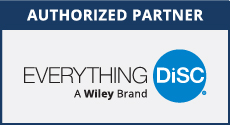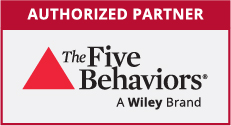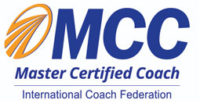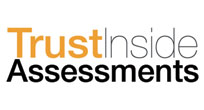What a week it was last week with the presidential inauguration and the outpouring of emotion the event prompted in so many of us. While it is a scary time for many given the current economic conditions, no one can deny the hope and positive expectancy this shift in leadership has prompted.
As an Executive Leadership Coach, Speaker, and Trainer, I’ve become curious about why President Obama is able to inspire so many people from different walks of life. What is it about him that makes us feel empowered again? How can we emulate him in the sense that we catalyze that feeling in those we lead in whatever context we find ourselves in as leaders? This is not intended to be a political treatise in any way but merely a short analysis of what we can learn about successful leadership to apply to our own lives and business organizations.
First and foremost, he inspires confidence. He seems to have a centered and clear belief in the possibility of change in a hopeful and yet realistic way. He is self-confident without arrogance and readily admits that he will need help to turn our country around. This attitude reflects the seemingly paradoxical truth that greatness lies somewhere between an outrageous sense of confidence and a respectful humility of the enormity of the vision to be accomplished and fulfilled.
In organizational life, we talk about culture and climate as being key success factors. Culture can be hard to define but refers to the values, beliefs and myths an organization embodies. It is an “I know it when I see it” kind of thing. We know there are distinct cultures at UPS (where I worked for several years) vs. FedEx, at IBM vs. Apple and so on. It is like a company’s personality if you will. A company’s climate is related and yet is more about people’s perceptions of the work environment and what it feels like to work in a place. An ideal climate engenders a positive outlook and promotes employee participation and engagement.
Leaders encourage a positive climate in 3 primary ways according to research done by The Forum Corporation with whom I am proudly associated. The first way is by “managing the temperature” which refers to involving others in decision-making and by communicating authentically. This is what President Obama seems to do so well. He speaks with candor and acknowledges the challenges ahead while being visible and accessible.
Second, Forum’s research points to the need to “narrow the focus” by learning from key customers and identifying and developing key talent. By all accounts, Obama asks for input from qualified people and is intent on seeking a diversity of opinions. I am sure he is not perfect and yet he is a wonderful model of a qualified servant leader.
Third, and most revolutionary perhaps, a positive climate is developed by “bringing people together.” This involves building relationships and making it safe to raise questions and bring up new potentially “radical” ideas. Many organizations today are subject to the “tyranny of the ordinary” where people have been trained not to take risks. Especially in today’s environment of downsizing and contraction, it is easy for people to hunker down and become territorial and risk-averse. I have seen this in clients and associates to my dismay. While it is a natural and normal reaction, it is the least effective approach to the situation. In times like these, collaboration is more important than ever before.
Instead, now is the time to invest in people and professional as well as personal development. Now more than ever, “survivors” in organizations need training and coaching on how to give and receive feedback, on how to manage change, on how to work more effectively in teams to develop strong leaders at all levels.
In the months ahead, I encourage you to look to Obama and many others who are exhibiting these leadership qualities to see what you and your organization can learn. If you don’t agree with his positions, that is fine and that is not the point. The point is, what can you learn that is relevant for you and your unique situation?
I invite you to visit our new, updated, revised, and revitalized website to see how we can assist you on that journey. The url is www.lauraadavis.com. Also, please feel free to make comments and let us know your thoughts on our People-Whispering blog. You can access it on the left hand navigation bar of the home page and/or reply right here.










